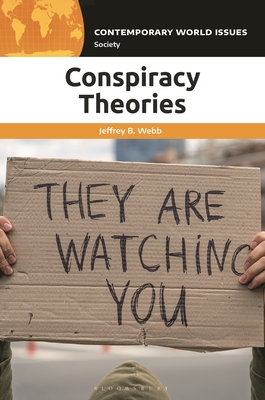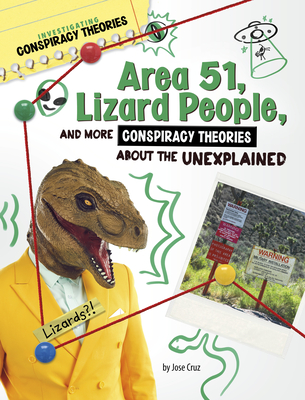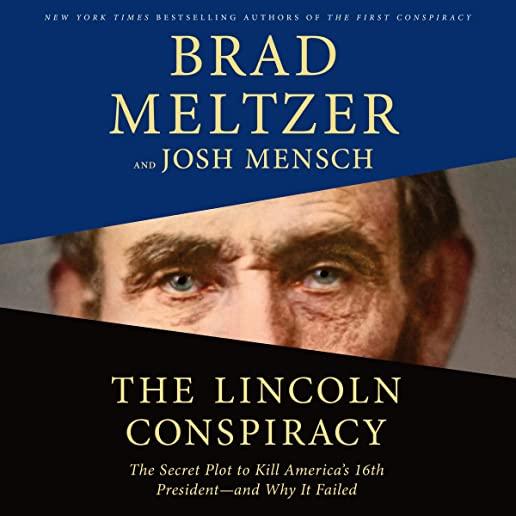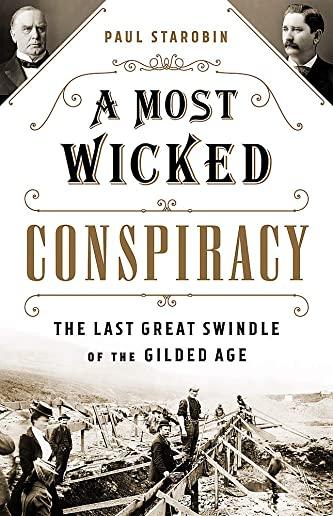
description
to the history and current shape of conspiracy theories in American life, including the findings of research seeking to understand their origins, type, function, and widespread appeal. This all-in-one resource provides an accessible overview of conspiracy theories past and present in all their many forms. Taking an even-handed, scholarly approach, the book outlines the longer history of conspiracy theories, starting with Ancient Greece and Rome and continuing the story up to the present day, including analysis of 9/11, anti-vaccine, COVID, and QAnon theories. It surveys an array of current books and articles to try to understand why people believe in and act on outlandish and evidence-free conspiracy theories. Notably, this resource also outlines the problems created by untrue conspiracy theories in terms of their negative impact on public debate, trust in others, and efforts to nurture an informed and educated citizenry. Instead, many conspiracy claims have become sources of misinformation, cynicism, and polarization. This book will benefit anyone who seeks a pathway through our current "epistemic crisis" in which the lines between fact and fiction-and between truth and falsehood-have become blurred.
member goods
No member items were found under this heading.
Return Policy
All sales are final
Shipping
No special shipping considerations available.
Shipping fees determined at checkout.







